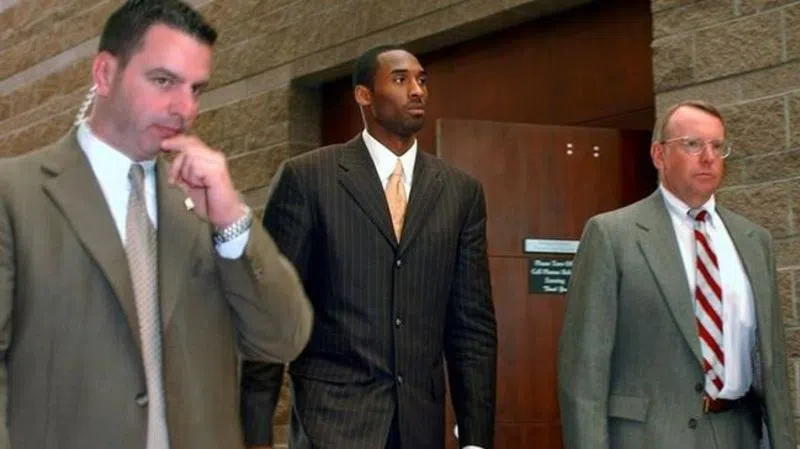
In #MeToo era, Kobe and other athletes often get a pass
DENVER — Folded conveniently into the narratives about his “complicated past” was the detail about Kobe Bryant that could’ve wrecked him.
It was a rape allegation by a 19-year-old employee of a hotel. It happened in 2003. Some argued that making that life-altering detail a mere footnote to the stories detailing Bryant’s life and unexpected death was the human thing to do on such an awful day. Others felt it was another example of an icon being given a pass of sorts because he was a successful athlete.
While dozens of high-profile figures — including senators, movie producers, news anchors and comedians (but not the president or the newest Supreme Court justice) — have seen their careers vanquished by allegations of sex abuse and domestic violence, high-profile sports figures have skated past similar accusations at a far more frequent rate.
“We look up to them to win games,” said Miki Turner, a longtime journalist who is now a professor at USC’s Annenberg School for Communication and Journalism. “But we don’t really scrutinize their values as closely as we might for politicians or news anchors. I think there’s just a different line there.”
